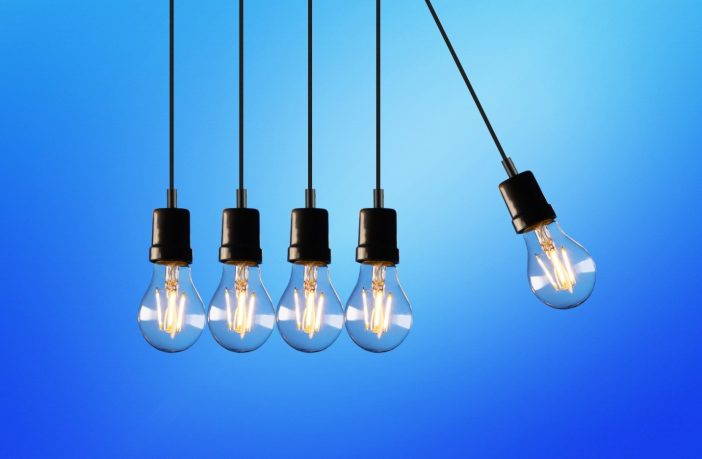- The OneWattSolar model allows users to pay for solar energy using blockchain tokens without having to pay for the solar system infrastructure.
- The tokens are built on the blockchain platform, Ethereum.
- An initial 1000 systems will be offered in 2019 in Lagos with a long-term goal of 1million across Sub-Saharan Africa.
OneWattSolar, a startup based in Lagos is disrupting the energy market in Nigeria by pioneering an energy cryptocurrency in that country. The innovative new company has come up with a model that facilitates energy users to pay for solar energy using blockchain tokens without having to pay for the solar system infrastructure.
Nigerians cannot afford the startup costs for solar power systems. At the same time, Nigeria is challenged by complicated and expensive asset finance which limits access to widespread adoption of solar electricity. Household’s and businesses depend largely on fossil fuel generators for power supply. The national grid supply is unreliable and there are regular outages.
The model allows customers to purchase tokens in the local naira currency using the platforms of third-party tech finance companies. The system is secure and transparent, purchases can see the utilization of funds, how many systems we have purchased and how many are being used. The tokens are built on the blockchain platform, Ethereum.
The new system is reportedly 50% cheaper than a diesel generator producing the same output. The OneWattSolar’s solar power systems are Wi-Fi monitored once installed. This enables real-time data recording on energy usage and billing for both provider and user. It also enables system monitoring and early problem detection.
It is still early days for OneWattSolar but the underlying concept of decentralised energy supply using blockchain technology and renewable energy sources is the future. OneWattSolar is a division of GoSolar Africa, an established renewable energy company on the Africa Continent.
The company plans to launch an initial 1000 systems in January 2019. The company’s long-term goal is to connect one million homes across Sub-Saharan Africa who do not have access to electricity.
Author: Bryan Groenendaal















